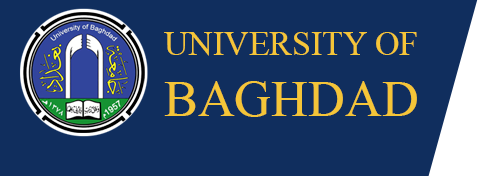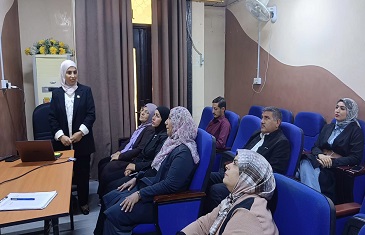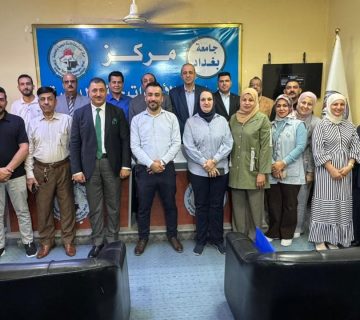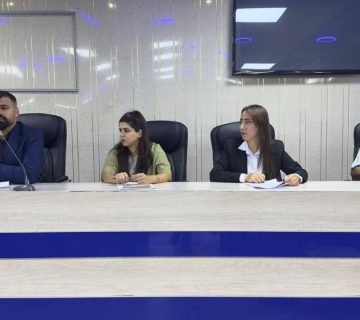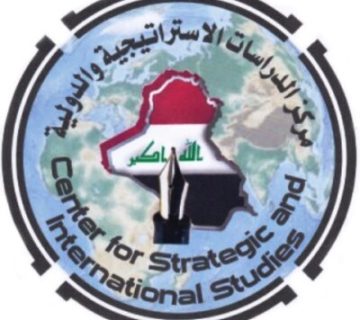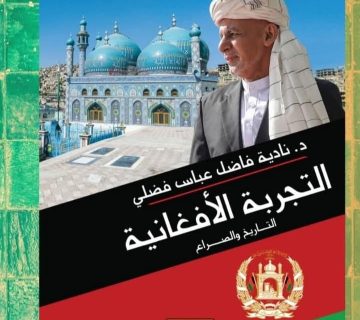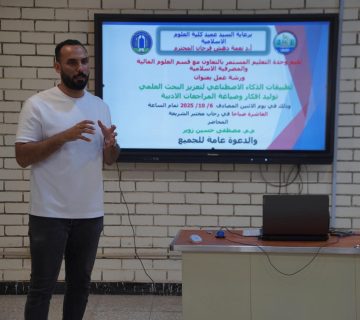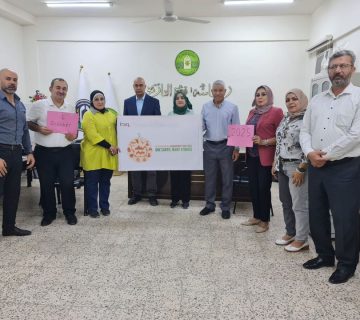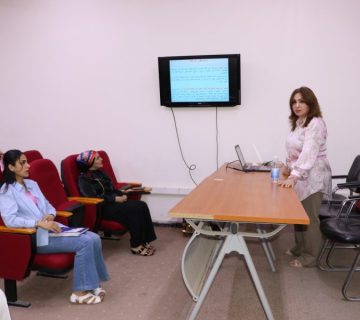The Biological Research Unit for Tropical Regions, in cooperation with the Continuing Education Unit at the College of Science, University of Baghdad, organized a workshop tagged “Enzyme extraction from bacteria” under the auspices of the Dean of the College, Assistant Professor Dr. Raed Faleh Hassan, and the presence of a number of students, teachers and those concerned with medical and biological affairs.
The workshop aimed to provide an introduction to the enzyme and its mechanism of action and classification into six types, each according to its work, naming, classification, methods of extraction from plant and animal sources for its importance at the industrial and commercial level and purification methods, starting from precipitation with salts such as ammonium sulfate with dialysis or precipitation with organic solvents such as acetone and ethanol.
The workshop, presented by Dr. Rafal Ismail Ali and the assistant teacher Mervat Abdel Hassan Mashjal, included a review of the sources of enzyme isolation and its dependence on the microbial source isolated from it, indicating either that it is an external enzyme that is thrown into the plant medium or that are internal enzymes that need to use solvents and then the use of ultrasound, referring to the steps to extract the enzyme from bacteria through centrifugation and then precipitation with ammonium salts, followed by dialysis, revealing purification using ion exchanger and gel exchanger. A horizontal gelatinous relay is then carried out to estimate the molecular weight of the enzyme and the enzyme is then cooled.
